Related Research Articles

Christopher Wordsworth was an English intellectual and a bishop of the Anglican Church.
John Henry Maunder was an English composer and organist best known for his cantata "Olivet to Calvary".
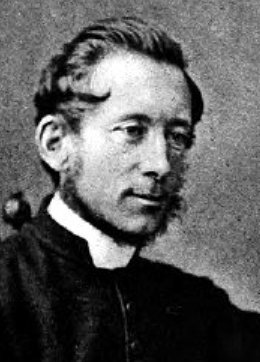
John Bacchus Dykes was an English clergyman and hymnwriter.
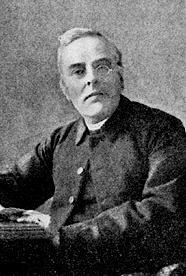
The Rev. John Ellerton was a hymnodist and hymnologist.
Rev David Simpson, M.A. was an Anglican priest who spent most of his career in Macclesfield, Cheshire, England.

Henry Luke Paget (1853−1937) was the 4th Anglican Bishop of Stepney from 1909 until 1919 when he was appointed Bishop of Chester.

Broxton Old Hall is in Old Coach Road 0.5 miles (1 km) west of the village of Brown Knowl, in the civil parish of Broxton, Cheshire, England. It is recorded in the National Heritage List for England as a designated Grade II listed building.
Evan Lewis was a Welsh clergyman who was Dean of Bangor Cathedral from 1884 until his death.

Francis Paget was an English theologian, author and the 33rd Bishop of Oxford.
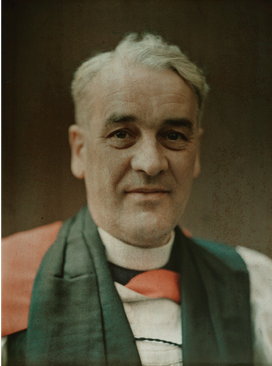
John Russell Darbyshire was an Anglican bishop.
Vincent Stuckey Stratton Coles was an Anglican priest, who served as Principal of Pusey House, Oxford from 1897 to 1909.
Rev. Peter Hampson Ditchfield, FSA was a Church of England priest, historian and prolific author. He is notable for having co-edited three Berkshire volumes of the Victoria County History which were published between 1907 and 1924.
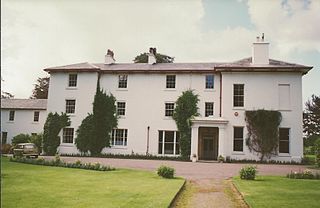
Mere Old Hall is a 17th-century country house which stands to the west of the village of Mere and the junction of the A566 and A50 roads in Cheshire, England.
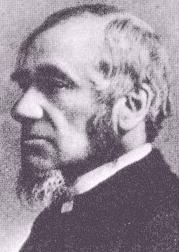
Rev. Canon Henry Twells (1823–1900) was an Anglican clergyman, hymn writer and poet. His best known hymn was "At Even, Ere the Sun Was Set", which was put to music by George Joseph, whose tune Angelus was first printed in 1657. He also wrote the well-known poem, "Time's Paces" that depicts the apparent speeding up of time as we become older. A younger brother, Edward Twells, was the first Bishop of Bloemfontein.
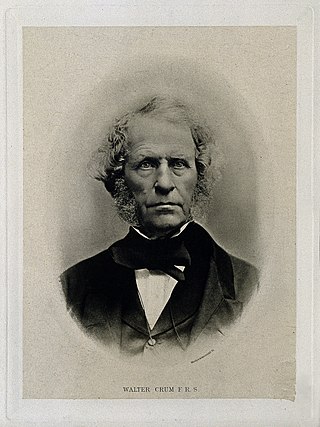
Walter Crum FRS (1796–1867) was a Scottish chemist and businessman. He became a Fellow of the Royal Society in 1844.
William Cooke, widely known as Canon Cooke, was a Church of England clergyman, hymn-writer, and translator.
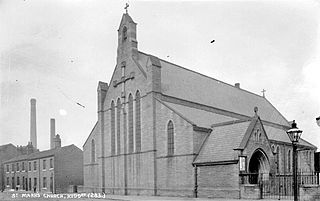
The former St Mark's Church, Old Leeds Road, Huddersfield, was an Anglican parish church in West Yorkshire, England. It was previously known as St Mark's, Leeds Road, before the road name was changed. This building was designed in 1886 by William Swinden Barber when the parish of St Peter's was split and a new building was required to accommodate a growing congregation. It was opened in 1887. Among the vicars posted in this benefice were the very popular Canon Percy Holbrook, the notoriously unfortunate Reverend Jonas Pilling who was involved in a standoff with his congregation for many years, the sociable Reverend Robert Alfred Humble who died in mysterious circumstances, and the eloquent preacher Reverend Joseph Miller, who had previously been a Congregational minister. The building was sold by the Church of England in 2001, and it has been converted into a block of offices.
Robert Alfred Humble was an Anglican priest, born in Heathery Cleugh, Weardale, Durham, England. His father was Reverend Emerson Humble (1837–1901). His career was marked with much pastoral work, including organising local fundraising events and meals for the elderly. He contributed to the work of committees, and joined in local social events, being a member of his church's cricket team. He was a "very popular figure." It is in this context of sociability and regular work among his congregation that the events surrounding the delayed discovery of his death, mentioned in several newspapers, remain a puzzle. Having suffered a seizure, he apparently lay openly on a flower bed in his vicarage garden on a dark February night, while his congregation spent eleven hours searching for him on the adjacent moorland. One of Rev. Humble's incumbencies was St Mark's, Old Leeds Road, Huddersfield, 1897–1901.
Margaret Campbell Crum was a British scholar of English poetry and music. A librarian at the Bodleian Library at the University of Oxford, she was the winner of the British Academy's Rose Mary Crawshay Prize in 1966.
References
- 1 2 3 4 Crockford's Clerical Directory (1932), "Crum, John Macleod Campbell", p. 300.
- ↑ England and Wales census (1881), Mere Old Hall, piece 3511, folio 77, p. 21.
- ↑ England and Wales census (1891), Broxton Old Hall, piece 2859, folio 62.
- ↑ The Church of Scotland, "Now the green blade riseth from the buried grain". Retrieved 19 April 2022.